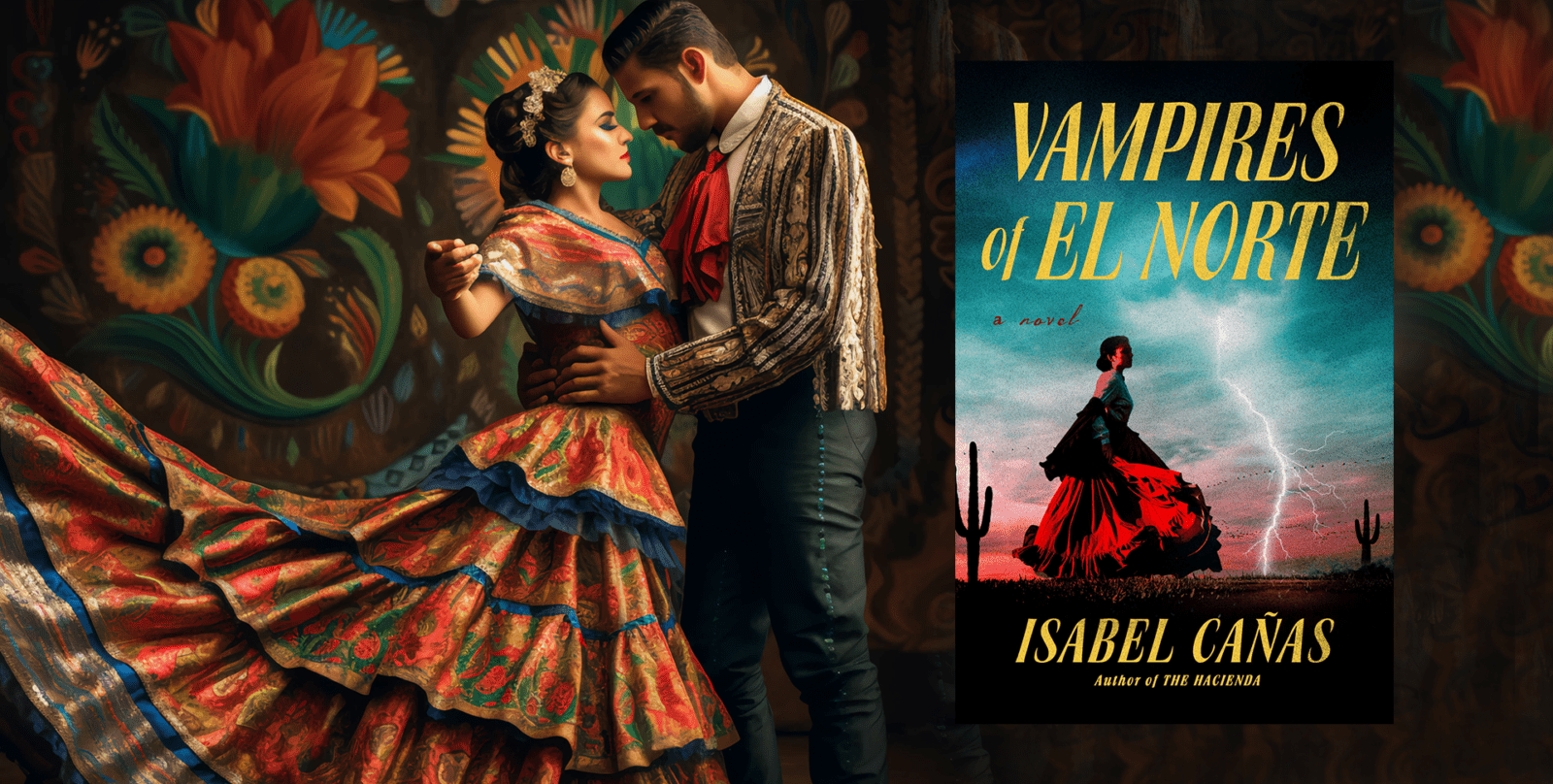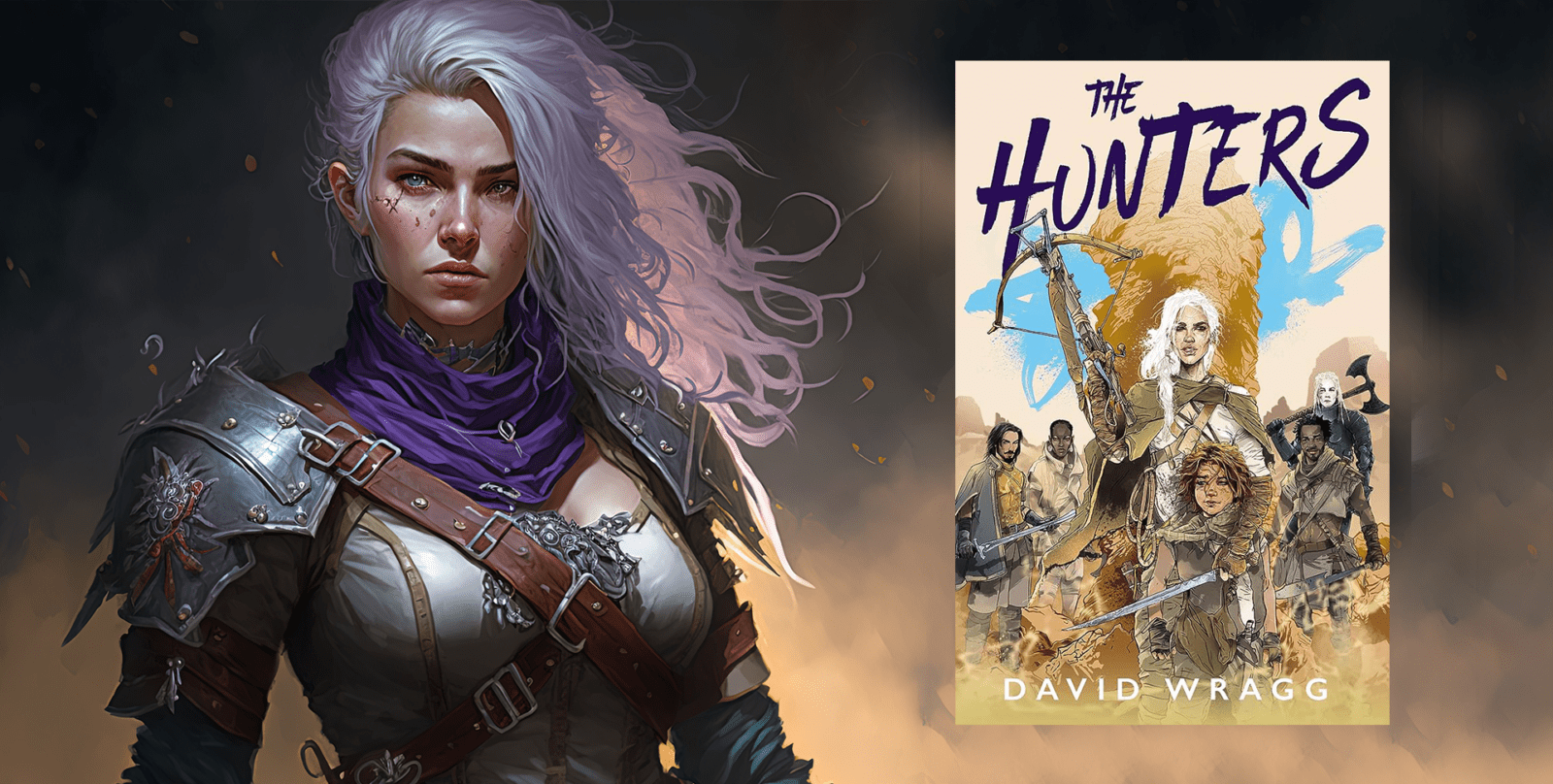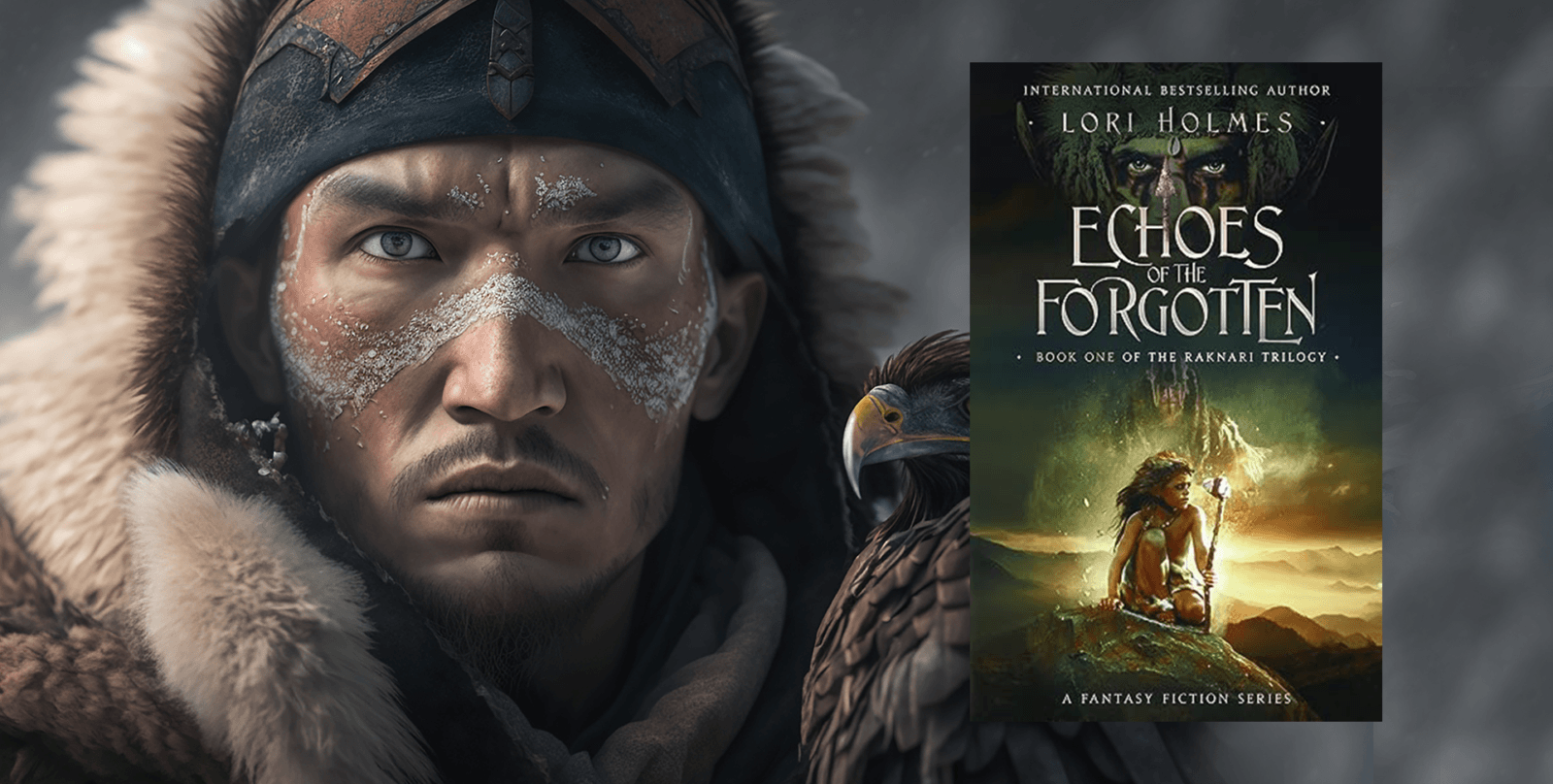Synopsis:
In Lithuania in 1943, Ezra’s daughter has been killed by the Nazis. In an attempt to avenge her death, he creates a golem in her likeness infused with powerful anger, using an ancient and taboo magic known as kishuf.
When the golem, named Vera, awakens, she is aware of her violent purpose and reason for existing. However, she also experiences glimpses of a human life, including stolen kisses and a tragic death, that do not belong to her. When she meets Akiva, she recognizes him as the boy who gave her warm kisses, but she is unsure if she deserves a life beyond her intended purpose.
Despite her immense strength, Vera soon discovers that others are willing to use kishuf for more sinister purposes than seeking justice. As she faces the darkest aspects of humanity, Vera realizes that she needs more than just a reason to fight, but also a reason to continue living.
Thoughts:
Although I’ve come across golems in books before, either as a passing reference or a minor character, this is the first time I’ve encountered a story where a golem is the main character. Needless to say, I was extremely thrilled. The story is set in Nazi-occupied Lithuania during the Lithuanian Holocaust, which is one of the darkest chapters in the country’s history, and I knew it would likely contain some very disturbing and graphic details.
Right from the prologue, the story was full of action and had a well-maintained pace. The author’s use of conversations and memories to convey world building was impressive, avoiding the need for lengthy information dumps and making the world building truly spectacular. The characters were multi-dimensional, and their interactions were beautifully portrayed. The dialogues were adeptly crafted and had a natural flow. The author skillfully executed many devastating moments that showcased the darkest aspects of humanity, leaving a lasting impact on the reader. In my opinion, his portrayal of Lithuania and its people during the turbulent wartime period, caught in a precarious position among the Soviet partisan fighters, the Auxiliary Police and the Nazis, was exceptional.
“Many people blamed us for the Soviet occupation, even though we suffered the same persecution under the regime that they did. They thought we were responsible. And when the Nazis herded us into ghettoes, they told us, this is what we deserve.”
-Miriam
Had the circumstances been different, it would have been difficult for me to wrap my head around over how easily the characters embraced Vera, accepting her for who she is, without suffering a mental breakdown. However, given the trauma and devastation they had already experienced in the midst of the harrowing events unfolding around them, it felt natural. Nevertheless, there were still some individuals who viewed her with disgust and apprehension, which provided a counterbalance to the situation.
“I told him to just look how we destroy each other, and tell me who the real monsters are.”
-Akiva
However, my only minor complaint is that I would have preferred if the author had explored the Kishuf magic in more depth. As someone with limited knowledge of Judaism and Jewish mythology, I was hoping for more elaboration and details. Furthermore, the initial encounter between Vera and Akiva appeared almost too good to be true and effortless, raising suspicions about its authenticity. Occasionally, (even though there was a glossary at the end of the book) I had to resort to a quick internet search to clarify some unfamiliar terms or concepts, but it didn’t detract from my overall enjoyment of the book.
Vera’s character was captivating, and I empathized deeply with her struggles throughout the book. As a being formed from mud and brought to life, she was grappling with her identity and purpose, compounded by the presence of Chaya’s memories and thoughts. This internal turmoil added an extra layer of complexity to her character, making her all the more compelling.
“Chaya was long dead and buried. I’d never even known her. But even now, I felt drowned within her shadow.”
-Vera
Akiva’s character was highly likeable, and his struggles to disentangle his feelings towards Chaya and Vera were poignant. It’s difficult to imagine how challenging it would be to face someone who looks, speaks, and even remembers exactly like a person you once loved. Little wonder that he was struggling so intensely with his emotions at the outset. The author skillfully captured the sense of powerlessness and despair Akiva experienced as a young man trapped in a country ravaged by war.
Having delved into extensive research and readings about World War I and II, and the horrific experimentation conducted by Nazi scientists/doctors on prisoners of war, the plot appeared predictable to me. Nevertheless, I hope that for others, the plot may not be as apparent or obvious, adding to the overall suspense and intrigue.
My god, that ending though!!!! Mind blown!!!
Overall, the book left a lasting impression on me as I was thoroughly impressed by the author’s beautiful writing and the comprehensive research and effort he put in crafting a vivid and detailed world for the story. Highly recommended.
Rating:

The Gorgeous Book Cover






